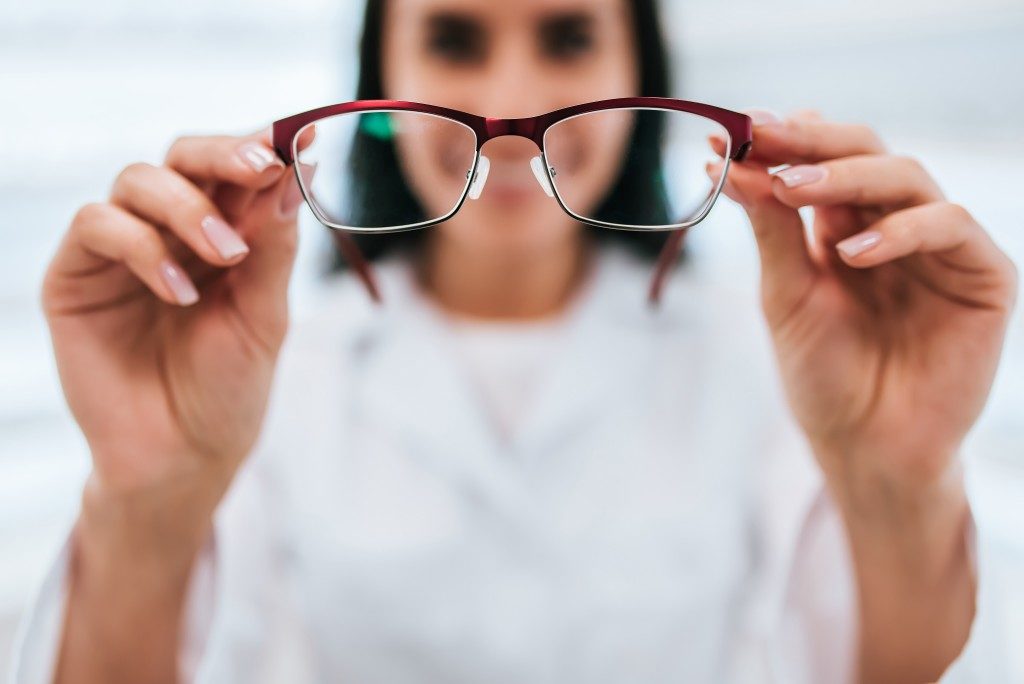Functional sensory organs are an essential aspect of any individual’s quality of life. The ability to smell, touch, and hear cannot be substituted. Even more essential is the ability to see. Sight is a vital facet of human independence. But a majority of people are either ignorant or misinformed about maintaining their eye health. For example, increased exposure to strong stimuli such as light could cause damage. Sometimes, the damage is reversible. Other times, it is not. Below is a discussion of essential eye maintenance tips.
Dealing with present conditions
Various conditions such as glaucoma and retinitis pigmentosa could deteriorate a person’s eyesight. But there are multiple visual impairment aids that doctors can prescribe to alleviate the condition. These aids can be accompanied by medication to promote the patient’s recovery.
Over the years, there has been increased concern by opticians related to self-diagnosis and treatment among patients with eye problems. The trend has been discouraged due to the risk of suffering from permanent blindness.
Upon noticing a persistent condition, patients are encouraged to schedule an appointment to receive a proper diagnosis. Following diagnosis, the optician may decide to prescribe lenses or reading aids depending on the prevalent condition.
Managing potential underlying conditions
Some eyesight problems may arise from conditions beyond the eye. An attack on the human body often leads to the emergence of comorbid conditions that may include visual impairment. An example is the onset of diabetes. An increase in blood sugar levels has been associated with comorbid conditions such as hypertension and diabetic retinopathy.
Consequently, patients can reduce their risk of deteriorating visual acuity by managing their blood sugar levels. Patients with a history of hypertension and hyperlipidaemia face an increased risk of stroke that has been known to reduce visual acuity. The correlation between these conditions and eye health provides additional support for the increased emphasis on the need for patients to seek medical assistance upon the onset of eyesight problems. Otherwise, you may incur significant costs purchasing ineffective medicine, whereas the problem emanates from an underlying condition.
Have you audited your lifestyle?

A person’s lifestyle is essential to their eye health. All people are advised to conduct a lifestyle audit to identify potential factors that may jeopardize their eye health. For instance, based on the example used above, diabetes is a common cause of reduced visual acuity. In reference to that example, it may be essential to determine one’s calorie and sugar intake. The same applies to the risk of a sedentary lifestyle. Frequent occurrences of binge watching and a lack of physical exercise may all contribute to poor eyesight in the long term. Consequently, people should seek to eliminate all such lifestyle factors that could lead to deteriorated health.
Proper eyesight is an essential determinant of a person’s quality of life. The ability to see one’s surroundings provides a feeling of both security and independence. Thus, people with good eyesight should purpose to preserve their eye health. In contrast, those with reduced visual acuity should consider seeking medical assistance that may result in the prescription of an aid such as lenses.
